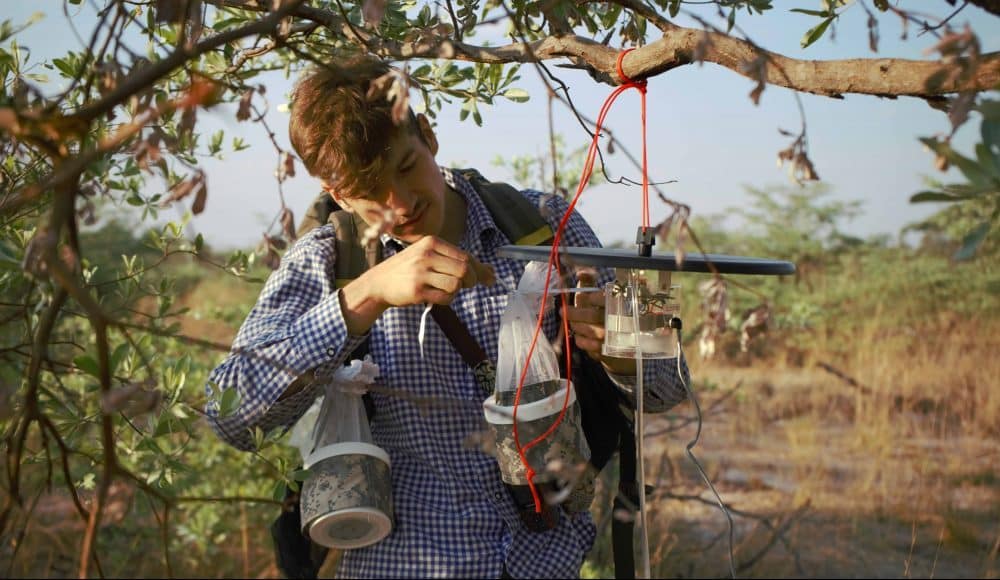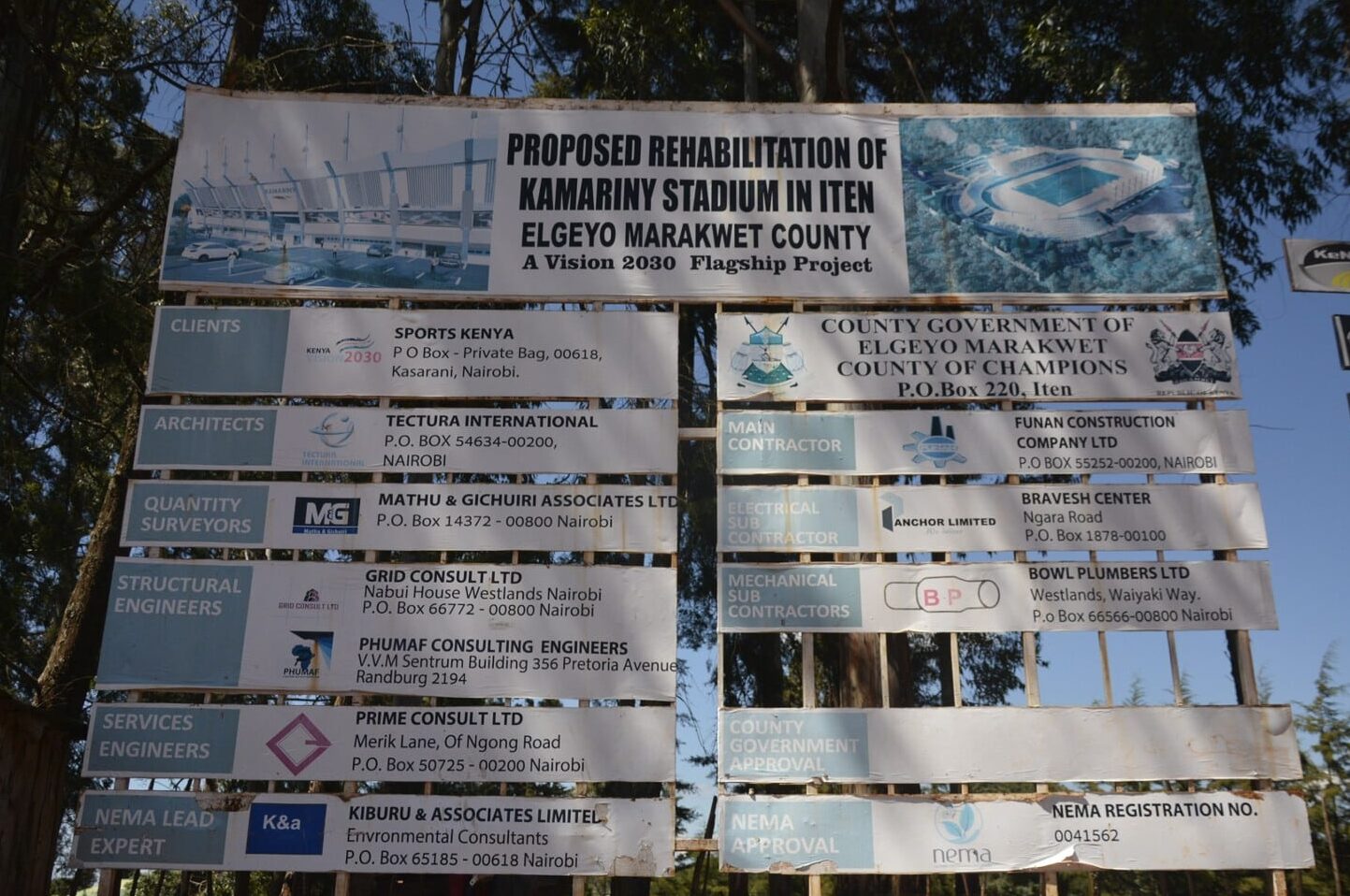What dangers does biodiversity loss pose to the eruption of future pandemics? Virologist and principal investigator of the CRC, sub-project B02, Prof. Dr. Sandra Junglen shares insights on her research on the susceptibility of tropical rainforests in exacerbating the spread of pathogens from different hosts.
In an interview by one of Germany’s mainstream newspapers, Die Zeit, she explains how ecosystem imbalance and radical changes in land use are key components in the spread of pandemic; ‘…viruses which could easily spread and eventually affect humans are not encountered in an ecologically intact rainforest, …it is only through large-scale land-use changes, such as deforestation or other dramatic interventions in nature,’ she explains.
In the article, she gives an example of Lyme disease, an infectious disease transmitted by ticks in North America; ‘… the bacteria infect a certain rodent species that can reproduce particularly well in fragmented forests with low biodiversity. This is because predators such as foxes, weasels, or birds of prey have been greatly reduced and thus, the ticks find a high density of hosts, transmitting the pathogen more easily and frequently between the animal species. If the tick then encounters a human, the risk of infection with Lyme disease is increased.’
The spread of the viruses from one host to the other can easily be observed in the nature in which animals interact with their respective food chains. For instance, Prof. Junglen explains that ‘viruses always exist only in dependence on a host…In an intact ecosystem, the species found there are in complex relationships with each other, due to interconnected food chains. The more complex the ecosystem, the more different species there are, the more stable the ecological balance is.
A village near the Taï National Park in the Ivory Coast where Prof. Sandra Junglen conducts her research. Image courtesy of Prof. Sandra from Die Zeit newspaper.
Prof. Junglen is particularly keen on understanding and tracing the path of virus and species crossing in the spread of new pathogens to prevent future pandemics. Moreover, she emphasizes the necessity of preserving ecosystems such as rainforests and presents a contrary view, whereby, she assesses rainforest species as virus carriers. In this case, she explains that the number of species is much higher in intact rainforests than on agricultural land, and therefore, from an epidemiological point of view, clearing the forest would also decimate the pathogens. ‘There are more virus variants in intact rainforests than in adjacent degraded ecosystems, but the individual species are much less abundant. We have found that… in South, East, and West Africa, and Central America. That is alarming,’ she adds.
The risk of the emergence of a new pandemic is quite high, as Prof. Junglen explains. Over a million animal species face the threat of extinction thus further increasing the resulting vulnerabilities in the ecosystem. Global warming also plays a significant role. ‘A recent study by the University of Hawai’i-Manoa, the University of Cambridge, and the Potsdam Institute for Climate Impact Research show that in the likely region of origin of Sars-CoV-2 in southern China, global warming altered the growth of forested areas in such a way that bats became more likely to find suitable habitats there – and thus coronaviruses,’ she says.
Concluding the interview, Prof. Junglen expressed concerns over shrinking natural habitats and urbanization, but she is also optimistic about the level of public awareness surrounding such viruses, as well as the willingness to minimize the extinction of species, the destruction of ecosystems, and the effects of climate change.
The complete article can be accessed here
.






